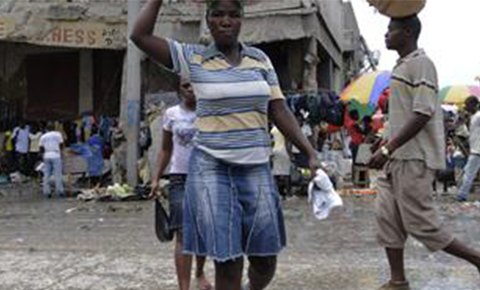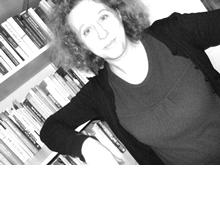Transforming wine production
Our research is influencing winemaking practices worldwide
Marion Demossier, Professor of French and European Studies, is a world-leading authority on the cultural and human aspects of winemaking. Having spent 30 years working closely with a community of top-class wine producers in France, her work has had a major influence on wine production practices worldwide.
We talked to Marion to find out how she came to study wine, and what her work involves.
What does your research involve?
My research is based on the concept of terroir. This is a French word for the characteristic quality, taste and flavour imparted to a wine by the environment in which it is produced. It’s more humanity-driven than scientific; it’s about the wine growers and what they do – whether they use pesticides, for example.
How do you go about studying wine?
Since the 1980s, I have focused on the Côte D’Or region of Burgundy – a 60km strip of land on the hills encompassing about 25 villages and 1,000 wine producers. This area is internationally renowned for its Pinot Noir and Chardonnay.
By doing extensive fieldwork using a range of methods, such as participant observation (learning by doing), filming and interviews with wine producers, I have built up a detailed picture of their practices and attitudes. I have followed some of these producers over three decades, and I follow their children now.
This year I will be working with a family across two generations of wine production, focusing on the plant (Pinot Noir) through an interdisciplinary conversation between producers and scientists.
I also work with organisations in the wine sector; for example, for the past year I have been working with the International Organisation of Wine and Vine, presenting anthropological research on wine and culture.
What impact has your research had?
By studying the Côte D’Or region and understanding the intricacies and quirks of its wine production, I have helped wine producers and communities around the world to understand how they can use their environment and unique practices to their advantage to define the characteristics of their wines. This has helped them make their brands stand out in an increasingly globalised market.
There have been wider impacts too – for example, I joined the application to prepare the UNESCO listing of Burgundy as a cultural landscape in 2015 and offered the anthropological expertise for the successful bid, which led to a 25 per cent rise in tourism.
I also contributed to the successful 2019 UNESCO application of Le Colline del Prosecco di Conegliano e Valdobbiadene, an area located in north-eastern Italy that includes part of the winegrowing landscape for Prosecco. And I have worked with Central Otago wine producers in New Zealand, helping them to understand what terroir means in practice for their quality wines.
What has been the biggest challenge?
When I started this research, wine was a taboo subject to study as an anthropologist. There was a lot of secrecy because bottles of wine can be worth anywhere between €8 and €10,000, or even more.
I wanted to focus on the biggest players in the industry that were driving the market – the opposite of what other researchers in the field were looking at. Working on those larger producers and on wine brings two marginalised areas of research together. Even today, little is understood of what is at the core of wine as a global commodity, and anthropologists are still attached to very traditional ideas of culture; challenging these ideas is a challenge!
What piqued your interest in this topic?
My grandfather was a professional wine merchant, so from the age of about four I was taken to the vineyards when he was working, and I was given tiny tastes.
Later in life, I decided to study anthropology and wrote my master’s thesis on a Burgundian wine producing village, before doing a PhD at EHESS in Paris. My main interest was agriculture and food production. In parallel to the anthropology of wine, I have worked in political anthropology, studying and publishing on both French and European politics.
And finally, we must ask, what is your favourite wine?
The irony is that these days I don’t even drink wine! I like to taste it, but I don’t drink it. However, if I have to choose a wine, I will choose it to accompany what I am going to cook and eat with friends. I like to be able to tell a story about how the wine has been made, what is in it, and discuss what it tells me about its place of production and its producer.
Related Staff Member
You may also be interested in:

Finding solutions for silver shoppers
Improving the retail environment for older people in the UK and China.

Putting vulnerable people on the map
Cutting-edge spatial data is giving people their basic human rights
